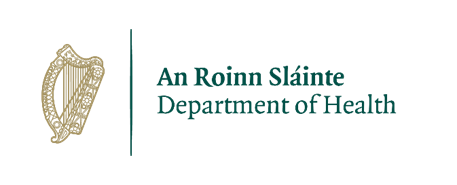Minister Butler welcomes passing of Second Stage of Mental Health Bill 2024 in the Dáil
- New Mental Health Bill to replace the Mental Health Act 2001 passed through Second Stage in Dáil Eireann
- Finalising the Bill remains a Government priority
- The new reforming Mental Health Bill, which contains 202 sections, is person-centred and will further protect the rights of people with mental health difficulties in the decades ahead
Minister for Mental Health and Older People, Mary Butler T.D., today welcomed the passage of the Mental Health Bill 2024 through Second Stage in the Dáil, following constructive and positive debate from all sides.
Minister Butler looks forward to further debate and passage of the Bill through the Houses, and the ensuing enactment of the measures in this important Bill, which, along with our national mental health policy, Sharing the Vision, will provide robust legislative and policy frameworks for our mental health services.
Minister Butler said:
“The Mental Health Bill is a really important piece of legislation and is our opportunity to put in place more person-centric mental health legislation that will further modernise, reform and protect the rights of people with mental health difficulties in the decades ahead.”
The Mental Health Bill 2024 is a complex and lengthy piece of legislation, with 202 sections, and is fundamental to improving the experience for individuals accessing mental health services.
Speaking about the new legislation, Minister Butler added:
“Individuals receiving treatment under the Mental Health Bill 2024 will be empowered to play a more active role in making decisions about their care and treatment, and there will be closer alignment between the Mental Health Bill and the Assisted Decision-Making (Capacity) Acts 2015 and 2022. Additional safeguards will also be put in place for individuals, such as additional safeguards on the use of restrictive practices, and provisions providing for the involvement of family members or carers in a person’s treatment in cases where the person has given their explicit consent.
“The Bill will also benefit all people who access a wide range of mental health services by introducing, for the first time, a comprehensive system of registration and regulation of community mental health services, including all community CAMHS.”


